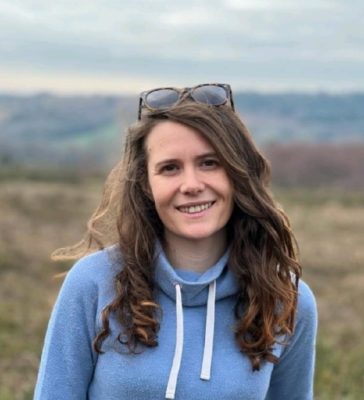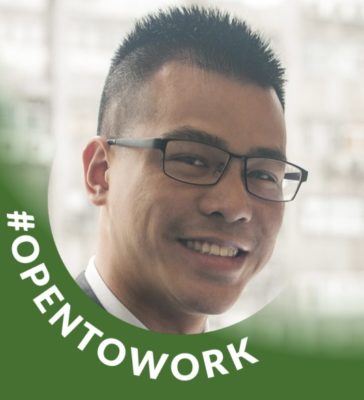
Chinonso Christian Odebeatu
Current Employer/Organisation Name
Nnamdi Azikiwe University
What have you been doing since leaving Exeter, and what are you doing now?
Following the completion of my MSc degree in Environment and Human Health at the University of Exeter Medical School, I returned to my home country, Nigeria, where I am currently working as an Assistant Lecturer in the Department of Environmental Health Science, Nnamdi Azikiwe University. Specifically, I lecture 2nd-year students on “Climate Change and Contemporary Issues” and 3rd-year students on “Environmental Health Information Systems” and “Environmental Economics.” Also, as the departmental Librarian, I am in charge of all the borrowing and return of the departmental journals, textbooks, and magazines, etc. In addition to my primary role, I serve as a Mentor and Administrator of the First Class Leaders Network (FCLN) -an organisation that has over 1000 first-class graduates as its members, who are seeking for scholarships locally and internationally to undertake their postgraduate studies in their respective field of interest.
Why did you choose this career? And what do you enjoy most about your work?
I choose this career path because it gives me a unique opportunity to not only transfer my acquired skills and expertise to the younger generation while contributing to sustainable development goals, but also mentor them towards achieving their career goals and aspirations. I love that the job allows me to impart great minds who are passionate about becoming a better version of themselves.
Please tell us if you were a member of any societies, groups or sports clubs?
Yes, I was a member of anytime fitness GYM club and Our Lady of the Portal and St Piran Choir, Truro.
What did you enjoy most about your programme and what was the biggest highlight?
The fact that the programme was taught by experts and researchers from diverse fields (including Public Health, Environmental Epidemiology, Psychology, and Economics) at the European Centre for Environment and Human Health, thereby making the course more robust and unique. My biggest highlight was when I received a report that my MSc thesis was graded as a Distinction (83%).
What did you enjoy most about studying here?
Practically, I enjoyed everything but what stood out for me was the conducive environment to study and research. The library at Knowledge Spa, Truro, is world-class, and I often spend more time than I planned because of its comfortability and proper organisation.
Why did you choose to study at Exeter?
The University of Exeter ranks among the top 2% of universities globally due to its quality education and high impact research. In particular, I became too interested in studying in Exeter because of the excellent nature of the European Centre for Environment and Human Health: the researchers and experts in the centre, graduate student achievements, and, most importantly, incredible interdisciplinary research collaborations. What’s more, the University is a world leader in the environment and well-known for attracting quality international students across the globe, giving me the perfect opportunity to meet and network with scholars from diverse socio-cultural backgrounds.
What skills and experiences have been most useful for your career?
Research skills, critical analytical skills, problem-solving skills, organisational skills, presentation skills, communication skills, statistical skills, manuscript drafting and publication, collaborative experience, time management skills, writing skills, etc.
What advice would you give to a current student who wishes to pursue your career?
I believe that the University of Exeter has what it takes to help bridge a gap between our goals and its reality. So, dear postgraduate students, make sure you are intentional about building yourself and acquiring skills and expertise that will play a crucial role in your career pursuits. If you wish to become a lecturer like me, then you must work on becoming a better writer, presenter, communicator, researcher, problem-solver, and collaborator. What’s even more critical to my personal growth and development was the fact that I intentionally seek out for mentors in my area of specialization, who not only reviewed all my essays/reports/write-ups but also offered guidance on how to progress in my career. Therefore, get a good mentor and work closely with them.
What are your plans for the future?
Although I would continue my job as a Lecturer in Nnamdi Azikiwe University, I currently have an offer to start my PhD programme next year at the University of Queensland, Australia. Therefore, I intend to complete my PhD degree on or before March 2025, having gained quality research training that would be pivotal in my quest to become a renowned expert in Environmental Epidemiology.

